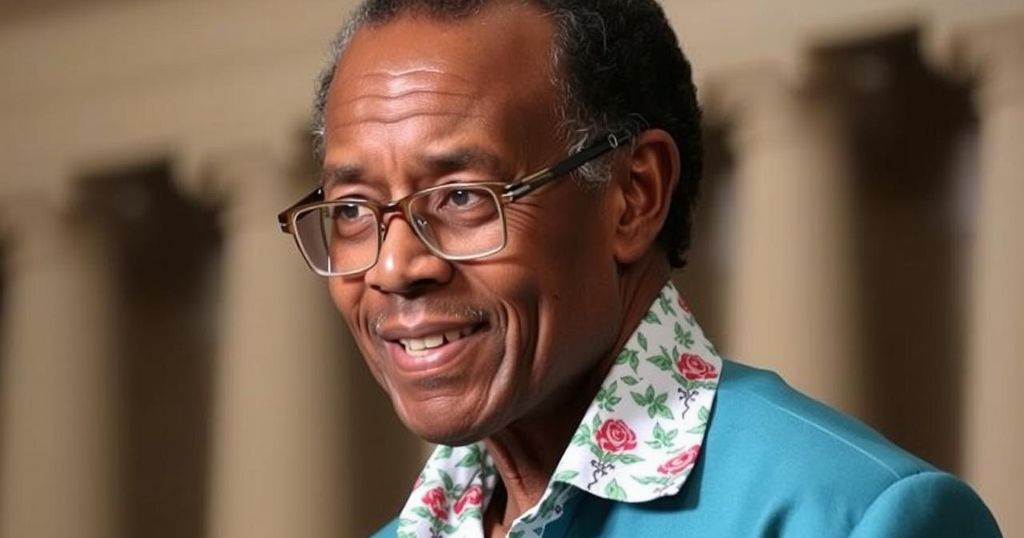Chad is conducting its first parliamentary elections in over a decade amid skepticism from opposition parties, which have largely boycotted the vote, dubbing it a facade for the ruling Patriotic Salvation Movement. The elections follow a lengthy transitional period after the 2021 death of Idriss Déby. Concerns regarding the electoral process raise questions about its fairness and inclusivity amid ongoing security challenges.
Chad is conducting parliamentary elections for the first time in over ten years, marking a pivotal moment in its political landscape as the country strives toward democratic governance following a prolonged transitional period. This vote, held on a Sunday, aims to conclude the interim governmental phase initiated after the 2021 death of long-time president Idriss Déby Itno, succeeded by his son Mahamat Idriss Déby. Despite the significant political development, skepticism prevails among opposition parties, many of which have opted to boycott the electoral process, criticizing it as a facade designed to legitimize a political dynasty.
Amidst Chad’s pressing security challenges, including conflict spillover from Sudan and insurgent activities from Boko Haram, the electoral environment is fraught with tension. Rights organizations highlight concerns regarding the fairness and inclusivity of the elections, positing that without comprehensive opposition engagement, the electoral outcome will lack credibility. Approximately 8.3 million registered voters will choose members for the 188-seat parliament, a process characterized by multiple political parties presenting a range of candidates. However, many citizens face disillusionment stemming from the belief that the elections will perpetuate the ruling party’s dominion instead of fostering genuine democratic practices.
Chad has not hosted parliamentary elections since 2011 due to continual postponements attributed to financial constraints and, more recently, the COVID-19 pandemic. The current governing party, the Patriotic Salvation Movement (MPS), has been entrenched in power since its formation, leading many critics to voice that the electoral process serves primarily to solidify existing power structures rather than usher in meaningful political change. Opponents, including leader Succes Masra of the Transformers Party, describe participating under current conditions as complicity in “legislative apartheid.” There are calls from rights activists for transparency in the electoral process to ensure a genuine democracy moving forward.
Chad has experienced a tumultuous political history characterized by military coups and authoritarian governance. The recent parliamentary elections follow a prolonged period without democratic elections, initiated after the death of Idriss Déby, who had ruled since 1991. His son, Mahamat Idriss Déby, took over amid significant political unrest and protests demanding a transition to civilian rule. Despite the potential for renewed democratic governance, many opposition parties have expressed significant doubts about the fairness of the electoral process, given the past precedents of repression and exclusion under the Déby regime.
In conclusion, the parliamentary elections in Chad reflect a complex interplay between aspirations for democracy and the realities of entrenched political power. As opposition parties voice their concerns about the legitimacy and fairness of the elections, the international community watches closely to see whether Chad can navigate its path towards a more inclusive democratic process. The challenges posed by ongoing security threats and the legacy of autocratic governance illustrate the significant hurdles the country must overcome to achieve meaningful political reform.
Original Source: www.aljazeera.com






